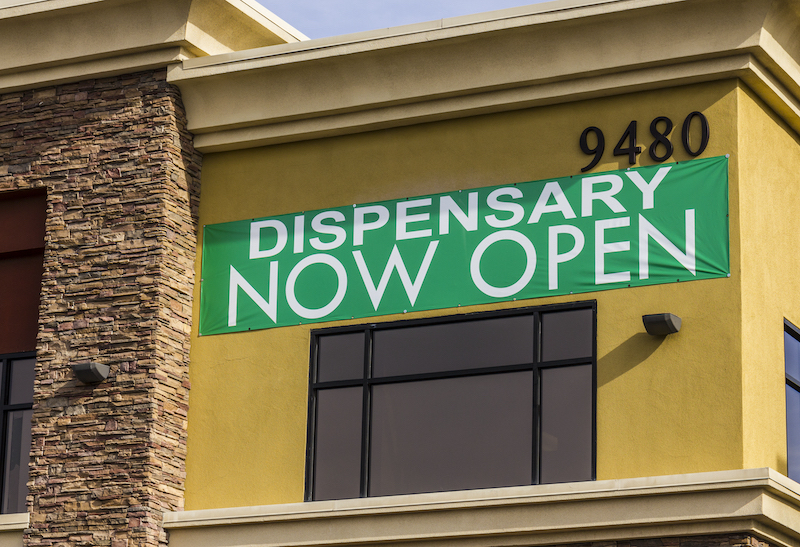Plus: Defining the “addictive personality,” and the allure of alcohol packaging
By William Wagner
The roadways aren’t as safe in states with legal weed, say investigators. This week we also take a look at whether there’s any meaning behind the term “addictive personality” and how flamboyant alcohol packaging draws in young adults.
From the Journal of Studies on Alcohol and Drugs:
Marijuana’s Impact on Traffic Crashes
Research led by the Insurance Institute for Highway Safety in Ruckersville, Va., has revealed that states where recreational marijuana was legalized subsequently experienced an increase in traffic accidents and fatalities. Says Charles M. Farmer, PhD, lead researcher of the project: “The legalization of marijuana doesn’t come without cost.”
Farmer and his colleagues studied five states with legal weed: Colorado, Washington, Oregon, California and Nevada. On average after legalization, injuries from traffic accidents went up 5.8% and fatalities rose 4.1%. Colorado had the most significant jump in crash rates (17.8%) and California the smallest. (5.7%).
Farmer considers the study to be a warning to other states that are considering legalizing recreational marijuana. “First, convince everyone that driving under the influence of marijuana is not okay,” Farmer says. “Then, enact laws and sanctions penalizing those who ignore the message. Finally, make sure you have the resources (i.e., staffing and training) to enforce these laws and sanctions.”
From The Conversation:
The “Addictive Personality”: Myth or Reality?
The term “addictive personality” is bandied about frequently, but is there anything behind it? A recent piece in The Conversation takes on that question and concludes that the notion of an addictive personality “is more pop-psychology than scientific.”
“Neuroticism has also been associated with a range of mental health conditions, which could lead one to wonder whether addiction is caused by mental illness.”
—The Conversation
That said, the article pinpoints certain personality characteristics that are linked to addiction, including openness to experience, conscientiousness, extraversion/introversion, agreeableness and neuroticism. Neuroticism (the tendency to be easily emotionally aroused) appears to have the strongest link to addiction. “People who are highly neurotic might engage in excessive behaviours to help manage their emotions,” the article states. “Neuroticism has also been associated with a range of mental health conditions, which could lead one to wonder whether addiction is caused by mental illness.”
There also might be a genetic part of the equation. The Conversation identifies five genes that could be related to addiction, stating, “These five genes reduce the functioning of the dopamine, or reward, system of the brain. The brains of people with variants of the genes associated with extroversion and addictive behaviours use dopamine less efficiently. It has been proposed that this leads them to seek out pleasure.”
But the bottom line? Addiction is too complex to be summed up by someone’s personality type.
From the Journal of Studies on Alcohol and Drugs:
The Allure of Alcohol Packaging
Don’t underestimate the importance of branding in drawing young adults (ages 18 to 35) to alcohol. A new study out of the University of Stirling in Scotland found that slick packaging of alcoholic products increases their appeal.

The researchers put together eight focus groups and showed the participants various alcoholic products. Here’s what they discovered: “For young adult drinkers in Scotland, alcohol packaging can capture attention, create appeal and help shape perceptions of the product, drinker and drinking experience,” says Daniel Jones, leader of the study. “Five main themes emerged from our data: the ubiquity of alcohol packaging; its appeal and ability to catch attention; its association with particular occasions and activities; its ability to inform perceptions; and its engagement of both visual and non-visual senses—taste, touch, sound and smell.”
One solution, the researchers say, is to place restrictions on alcohol packaging, such as mandatory health warnings.
Photo: Shutterstock














